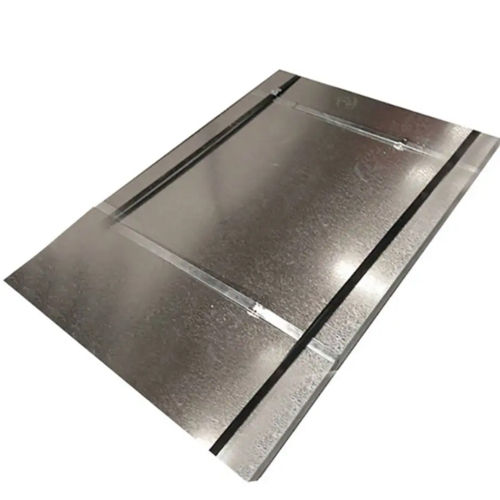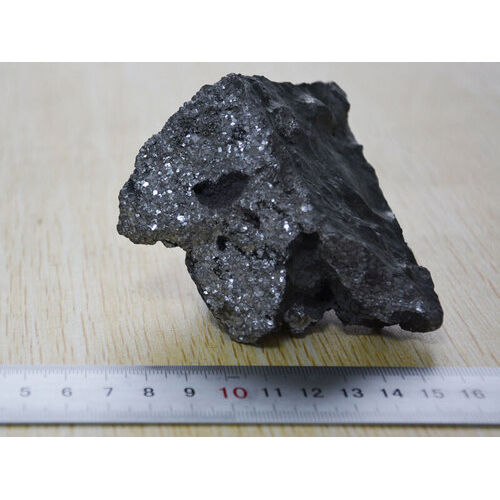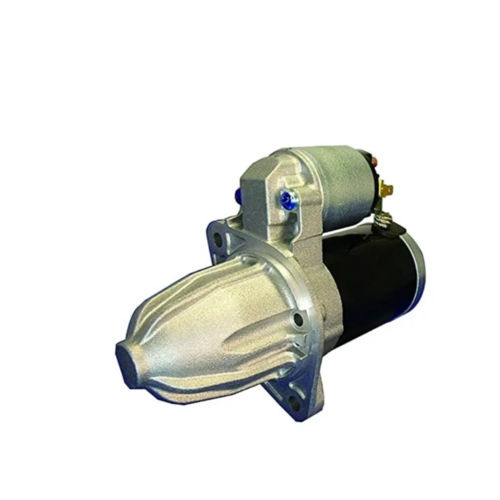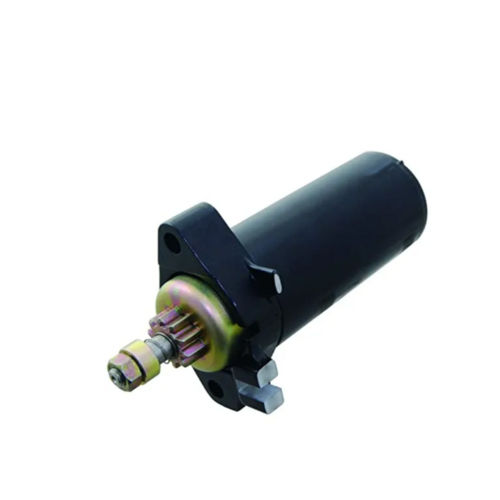Call Us
+60146641481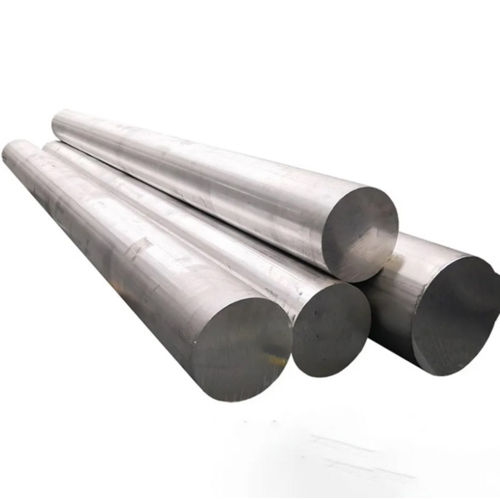
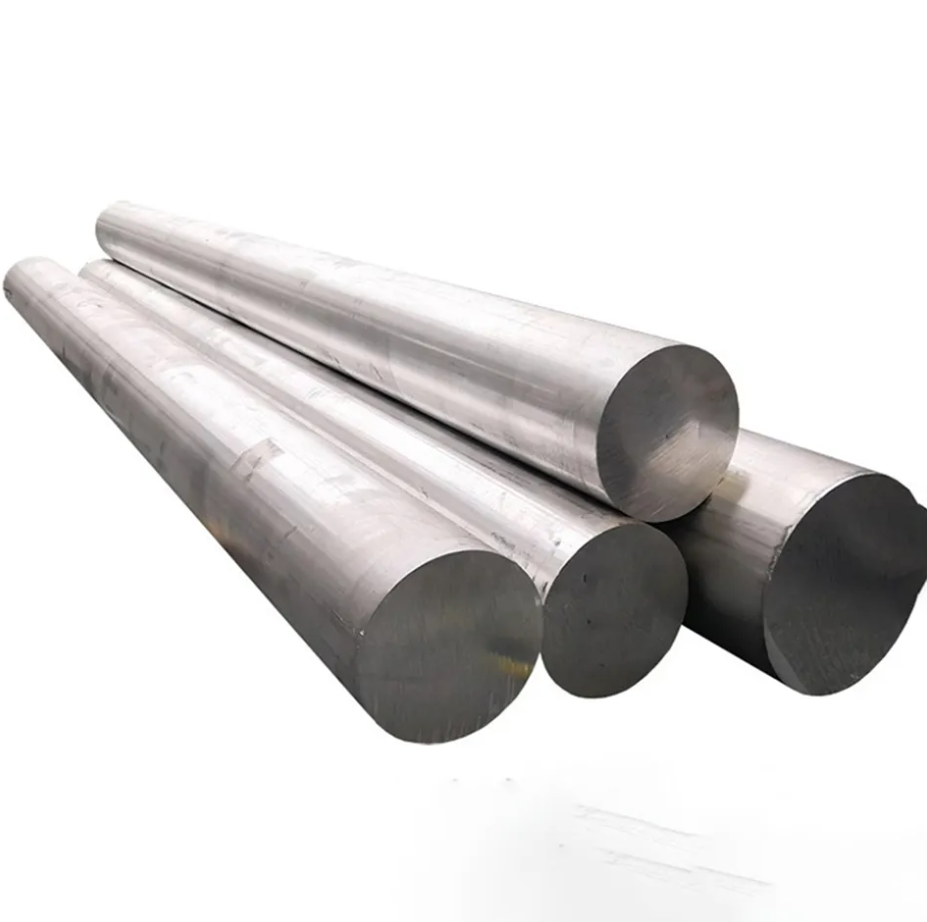
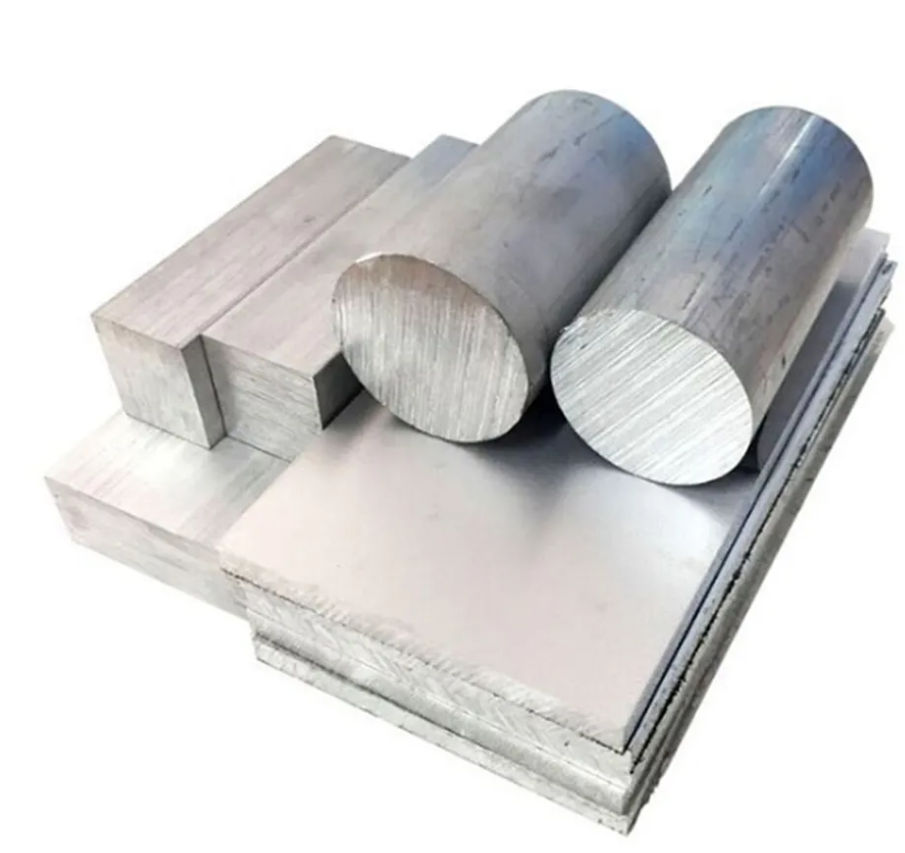
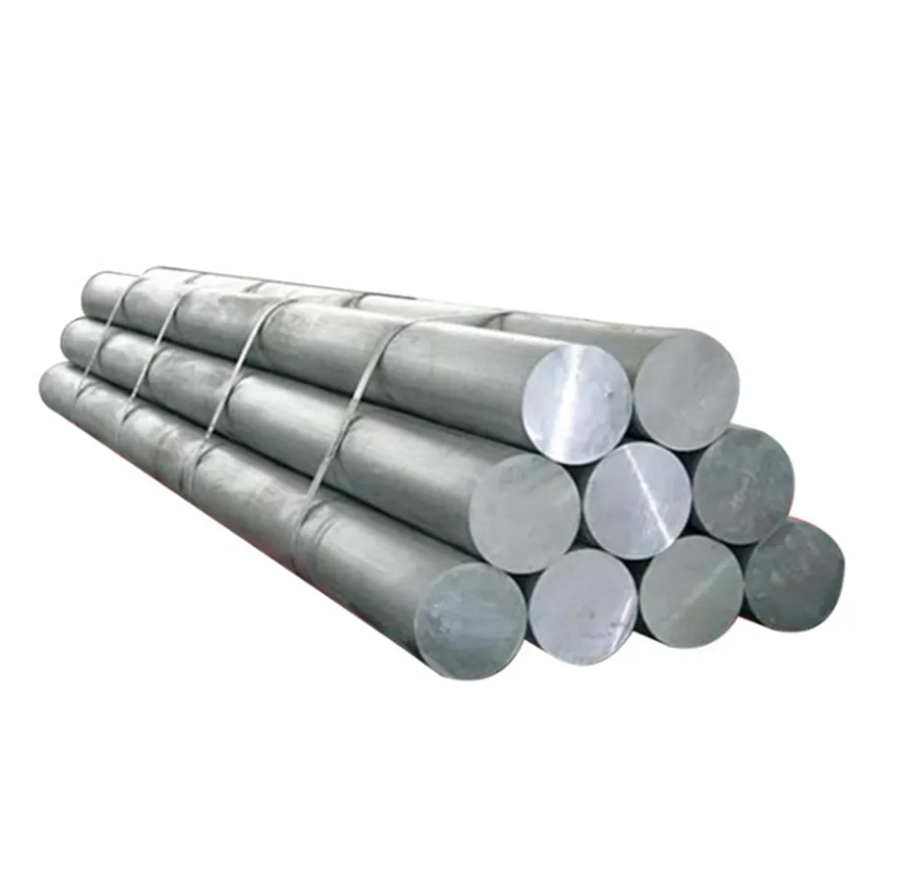
Aluminum Rod
100.00 - 200.00 USD ($)/Metric Ton
Product Details:
- Chemical Composition Aluminum Rod
- Product Type Steel
- Material Calcium
- Shape Fines
- Purity 100
- Moisture 05
- Application 99
- Click to view more
X
Aluminum Rod Price And Quantity
- 1 Metric Ton
- 100.00 - 200.00 USD ($)/Metric Ton
Aluminum Rod Product Specifications
- Aluminum Rod
- 99
- 05
- Steel
- 20-2500mm Yard
- Fines
- Natural Color
- Calcium
- 100
Aluminum Rod Trade Information
- USA
- Telegraphic Transfer (T/T) Letter of Credit (L/C) Western Union Letter of Credit at Sight (Sight L/C)
- 5000 Metric Ton Per Week
- 7 Week
- Sample costs shipping and taxes has to be paid by the buyer
- As buyers requirements
- Middle East South America Eastern Europe Western Europe
- All India
Product Description
Aluminum rods offer several desirable properties, including corrosion resistance, electrical conductivity, and thermal conductivity. They are available in different grades and alloys, each with specific characteristics to suit different purposes and requirements.
FAQs:
Q: What are the advantages of using aluminum rods?
A: Aluminum rods offer several advantages. Firstly, aluminum is a lightweight material, making the rods easier to handle and transport. Despite its lightness, aluminum exhibits excellent strength and durability, making it suitable for various structural applications. Aluminum rods also have good corrosion resistance, which allows them to withstand exposure to moisture and other environmental factors. Additionally, aluminum is an excellent conductor of electricity and heat, making it useful in electrical and thermal applications.
Q: What are the common uses of aluminum rods?
A: Aluminum rods have a wide range of applications. In the construction industry, they are used in the fabrication of windows, doors, curtain walls, and structural components. In the automotive industry, aluminum rods are employed in engine components, chassis parts, and other lightweight applications that help improve fuel efficiency. They are also used in electrical wiring, transmission lines, and heat exchangers, where their conductivity properties are advantageous. Furthermore, aluminum rods find use in crafting, DIY projects, and artistic endeavors.
Q: Can aluminum rods be welded or joined?
A: Yes, aluminum rods can be welded or joined using various techniques. However, welding aluminum requires specific skills and equipment due to its unique properties. Common welding methods for aluminum include TIG (Tungsten Inert Gas) welding and MIG (Metal Inert Gas) welding. It is important to follow proper welding procedures and utilize suitable filler materials to ensure strong and reliable welds.
Q: How do I maintain aluminum rods?
A: Proper maintenance of aluminum rods involves regular cleaning and protection against corrosion. Aluminum is naturally resistant to corrosion due to its oxide layer, but it is still recommended to clean the rods periodically using mild soaps or aluminum-specific cleaners. Avoid using abrasive materials or harsh chemicals that can damage the surface. Applying a protective coating or paint can further enhance their longevity and appearance.
Q: Can aluminum rods be recycled?
A: Yes, aluminum is highly recyclable, and aluminum rods can be recycled and reused to produce new products. Recycling aluminum requires significantly less energy compared to producing aluminum from raw materials, making it an environmentally sustainable choice. By recycling aluminum rods, valuable resources can be conserved, and the environmental impact can be reduced.
Enter Buying Requirement Details





